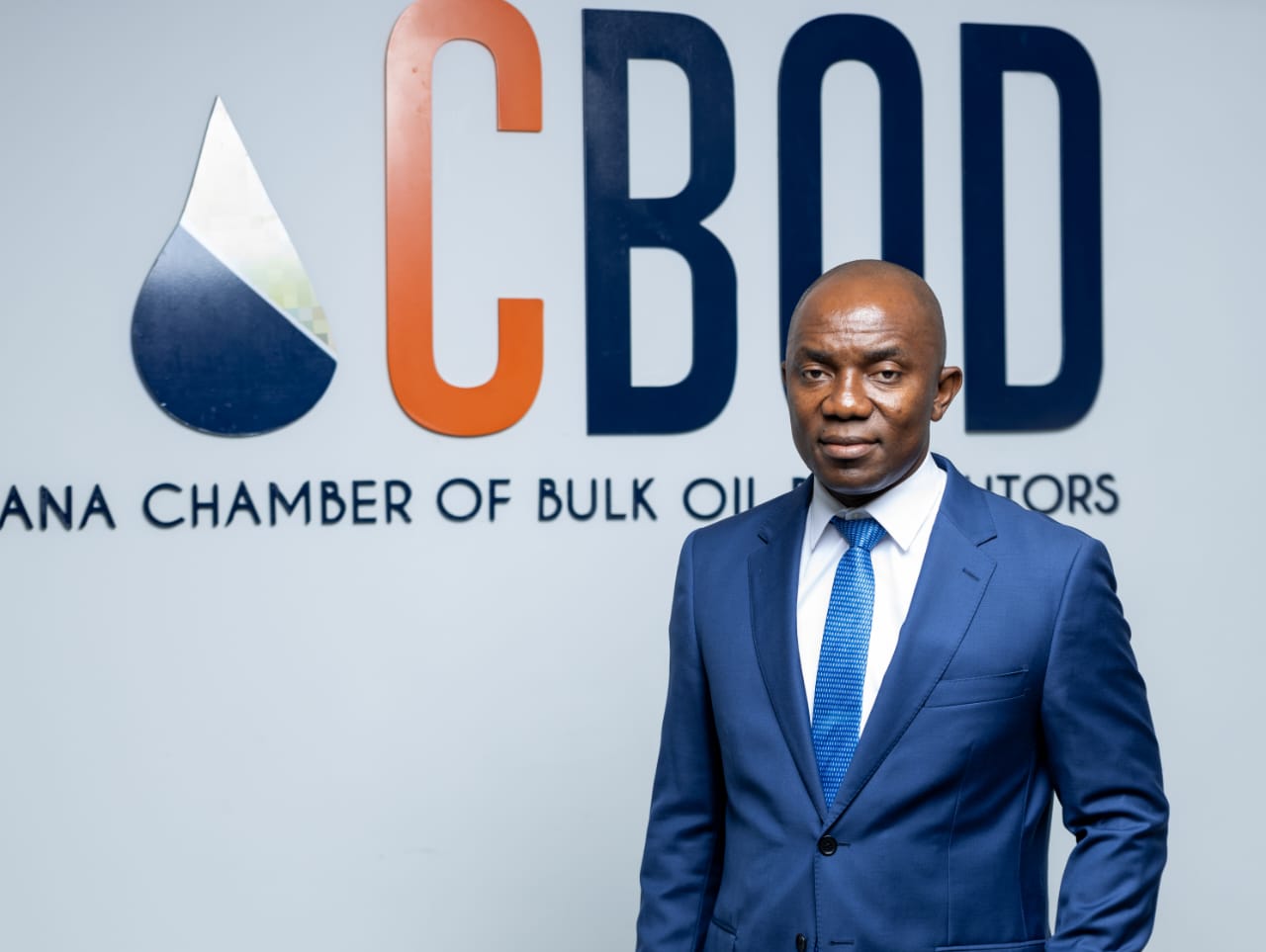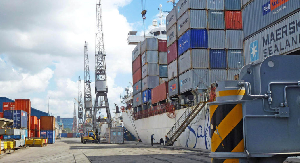
Audio By Carbonatix
Bulk Distribution Companies are raising alarm over increased demurrage charges by vessels at the Country’s entry point due to interference with the Laycan schedule.
This can lead to an increase in the cost of petroleum products at the pump.
The situation is threatening the survival of the entities and further affecting the ability of consumers to enjoy more reductions on the price of petroleum products as a result of the appreciation of the local currency.
According to the Chamber of Bulk Oil Distributors (CBOD), certain faceless individuals take advantage of the situation to charge exorbitant fees that are not authorised by the government, which further aggravates the situation.
Sources at the CBOD have indicated that if the situation is not halted or controlled, petroleum prices may take a while before experiencing a significant drop as expected by many Ghanaians.

The Laycan schedule, developed through industry consultations and published by the National Petroleum Authority (NPA), is essential for aligning import timelines with international oil trading partners. However, since the beginning of 2025, the schedule has been revised more than four times in the first quarter alone and six times again in the second quarter, often without due consultation with industry stakeholders.
Chief Executive of the CBOD, Dr. Kwaku Ofori, in a conversation, disclosed that political interference is hampering the progress of the schedule.
“These repeated and unilateral changes have created severe operational and financial burdens for Bulk Import, Distribution, and Export Companies (BIDECs).
Each revision typically affects around 10 cargoes, resulting in an estimated thirty 30 days of disruption and additional costs such as unplanned demurrage and hedge-related losses.
Within the first two quarters of the year, BIDECs have incurred over US$40 million in demurrage alone due to these avoidable schedule changes.
The Chamber finds it particularly concerning that some BIDECs without assigned Laycans, or those citing emergency needs, have been allowed to bypass the established schedule, undermining transparency and fairness in the allocation process. For the first time, the Q2 Laycan has been extended into quarter three, up to September 2025, further compounding uncertainty in the sector.
“We have submitted proposals to the NPA to restore predictability and fairness in Laycan administration. Unfortunately, these recommendations have not been implemented, and the disruptions have continued,” he disclosed.
These challenges faced by the bulk importers, compounded with other technical difficulties, are making the sector unattractive.
Latest Stories
-
Eleven remanded over land guard case activities
2 hours -
Air Force One set for makeover paint job with new colours
2 hours -
Bodo/Glimt stun Inter Milan to continue fairytale
2 hours -
Ga Mantse stable after early morning accident
2 hours -
Pressure mounts as Arsenal blow 2-goal lead to draw at Wolves
2 hours -
Club Brugge fight back to leave Atletico tie delicately poised
2 hours -
Benfica claim ‘defamation campaign’ against Prestianni
2 hours -
Sinner and Alcaraz reach Qatar quarter-finals
3 hours -
Kenpong Travel and Tours to launch 2026 World Cup travel package on Friday
3 hours -
‘It hurts a lot’ – Coutinho announces Vasco exit
3 hours -
Provider – A new gospel anthem of faith, hope, and divine supply
3 hours -
MOBA heads to Accra Ridge for 11th National Conference on Feb 21
3 hours -
Ghana’s Doris Quainoo clocks new PB 8.23s to claim second place at Jarvis City Invite
3 hours -
Spain luxury hotel scammer booked rooms for one cent, police say
3 hours -
Zuckerberg defends Meta in landmark social media addiction trial
3 hours

